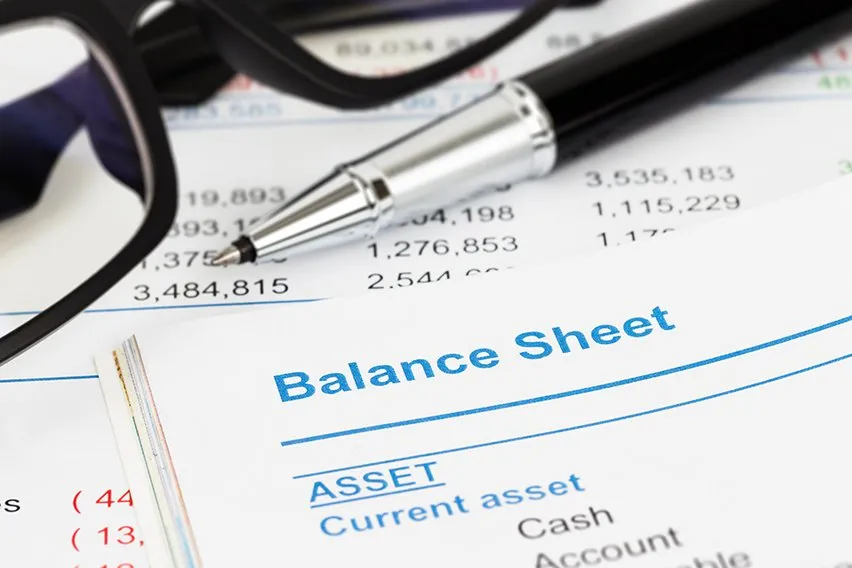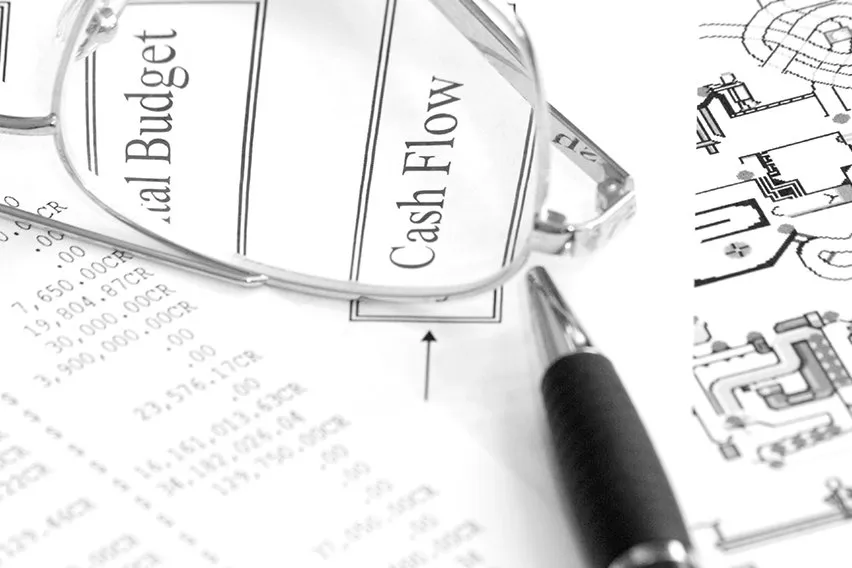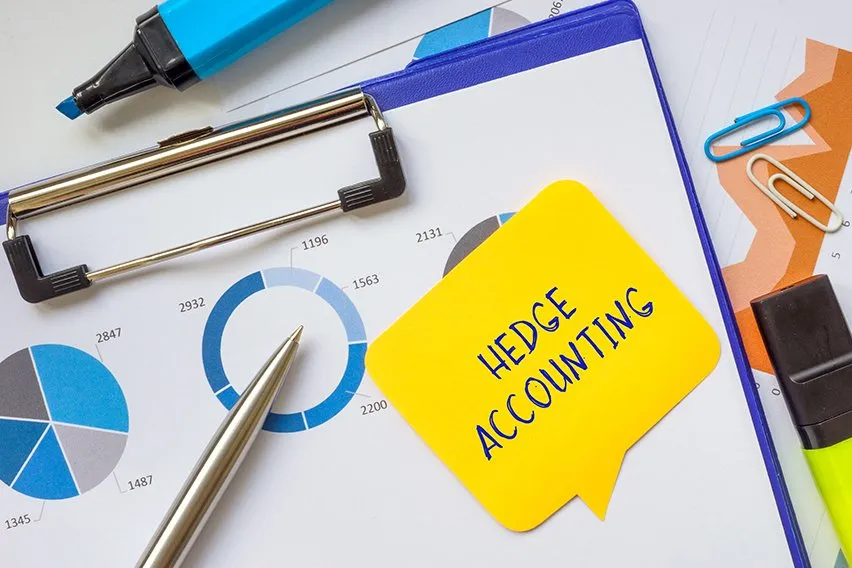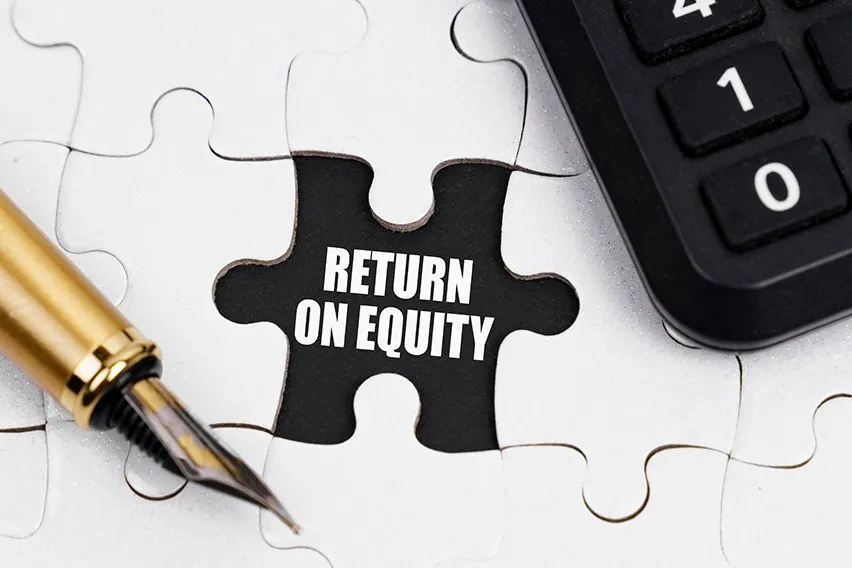What Is Book Value? Definition & Importance

Whether you’re looking to purchase a business or just want to get a detailed insight into your own company, it’s vital that you pay close attention to its actual value.
It’s not enough to just look at a company’s profit. They could make a large amount of money but still be working at a loss. That’s why potential investors or shareholders need to dig a bit deeper into the financial depths of a business.
When determining value, many investors will first look at the book value.
But what exactly is book value? We’ll take a closer look at the definition and importance of book value on market prices in the business world.
Here’s What We’ll Cover:
How Do You Calculate Assets and Liabilities?
What Is the Formula for Book Value?
What Is the Importance of Book Value?
What Is Book Value?
Book value is a company’s equity value as it is reported in its financial statements.
The figure that book value outlines is typically viewed in relation to the company in question’s stock value. It is determined by taking the total value of a company’s assets and then subtracting any of the liabilities that the company may still owe.
The company’s balance sheet will also incorporate depreciation into the book value of their assets. It does this in an attempt to match the book value with the real or actual value of the business.

How Do You Calculate Assets and Liabilities?
Your total assets will cover all types of financial assets. This includes:
- Cash
- Short-term investments
- Accounts receivable
It also includes any type of physical assets. These may include:
- Inventory
- Property or real estate
- Plant
- Equipment
One type of asset that can be forgotten alongside tangible assets is intangible assets. This would include brand names and any intellectual property. These can be included as a part of your total assets if they appear on your financial statements.
You can figure out the value of your assets by looking not at the historical cost, but at the original cost of the asset minus any depreciation in value.
When it comes to figuring out your total liabilities, you should include things such as:
- Debt obligations
- Accounts payable
- Deferred taxes
What Is the Formula for Book Value?
When put mathematically, book value can be shown as the difference between a company’s total assets and total liabilities. The book value formula is as follows:
Book Value of a Company=Total Assets-Total Liabilities
To put this into an example, let’s say that your company has total assets that are valued at £100,000 and total liabilities of £80,000.
The book valuation of your company would then be £20,000. If you were then to sell all of your assets and pay off it’s liabilities, you would be left with a business with a net worth of £20,000.
However, if your total assets are outweighed by your total liabilities, you would be left with a business that has a negative net worth.
So if we swap the numbers the story plays out differently. Let’s say you have total assets valued at £80,000, but your liabilities are worth £100,000 – then you are left with a business with a negative net worth of – £20,000.

What Is the Importance of Book Value?
Book value is an important and popular measure of a company’s value. This is because it represents a fair and accurate picture.
The figure is often determined using historical company data and it therefore isn’t typically a subjective figure. This therefore means that investors and market analysts get a reasonable and accurate idea of a company’s worth.
Book value is an important measure for investors because it can help them to find bargain deals on various stocks. This is because it can give a good indication of whether a company is undervalued or is poised to grow. This means that the stock has a good chance of rising in price.
Key Takeaways
Book value is a simple and accurate financial metric that helps various people determine a company’s value. It also is a great help in the stock market to ascertain whether a company’s stock is overpriced or to help to spot undervalued stock.
Are you looking for more business advice on everything from starting a new business to new business practices?
Then check out the FreshBooks Resource Hub.
RELATED ARTICLES

 How to Make a Balance Sheet: 5 Steps for Beginners
How to Make a Balance Sheet: 5 Steps for Beginners Debt Vs Equity: What’s the Difference?
Debt Vs Equity: What’s the Difference? Cash Flow Statement Indirect Method: What It Is & How to Prepare?
Cash Flow Statement Indirect Method: What It Is & How to Prepare? Hedge Accounting: Definition & Guide
Hedge Accounting: Definition & Guide Accounts Receivable Management: 6 Best Improving Tips
Accounts Receivable Management: 6 Best Improving Tips What Is Return on Equity (ROE)? Definition & Calculation Guide
What Is Return on Equity (ROE)? Definition & Calculation Guide